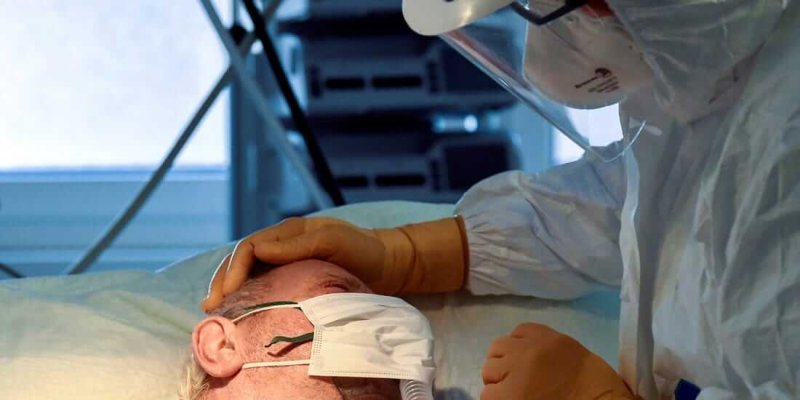Analysis of thousands of cases by artificial intelligence software has revealed different “clusters” of symptoms and ranked them in order of severity.
Headache and loss of smell are common to all six groupings, but the range of symptoms varies widely after that.
Scientists at King’s College London (KCL) found that patients with the sixth type of Covid-19 are nearly 10 times more likely to end up needing breathing support than patients in the first group.
This is significant because often patients only deteriorate to a critical stage several days after after showing symptoms. The new ranking system should flag up the highest-risk cases and give doctors the opportunity to intervene earlier.
…
The least severe categories of the virus were characterised by flu-like symptoms, either with or without fever.
Gastrointestinal problems, such as diarrhoea, dominate the third category, whereas fatigue, confusion and ultimately respiratory problems are associated with the increasingly severe fourth, fifth and sixth categories.
The team discovered that only 1.5 per cent of people with cluster one, 4.4 per cent of people with cluster two and 3.3 per cent of people with cluster three Covid-19 required breathing support.
These figures were 8.6 per cent, 9.9 per cent and 19.8 per cent for clusters four, five and six respectively. Nearly half the patients in cluster six ended up in hospital, compared with just 16 per cent of those in cluster one.































